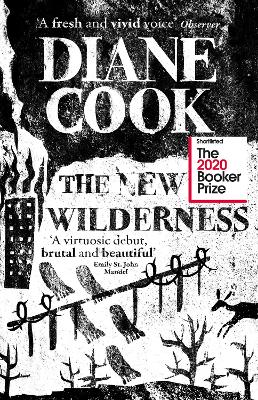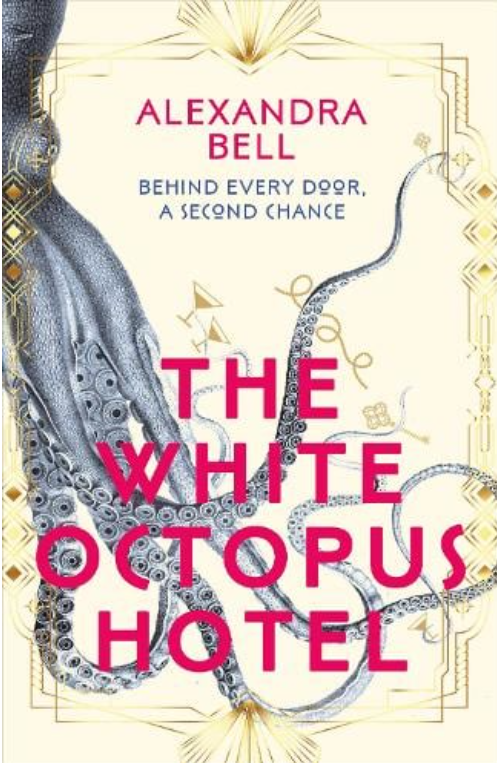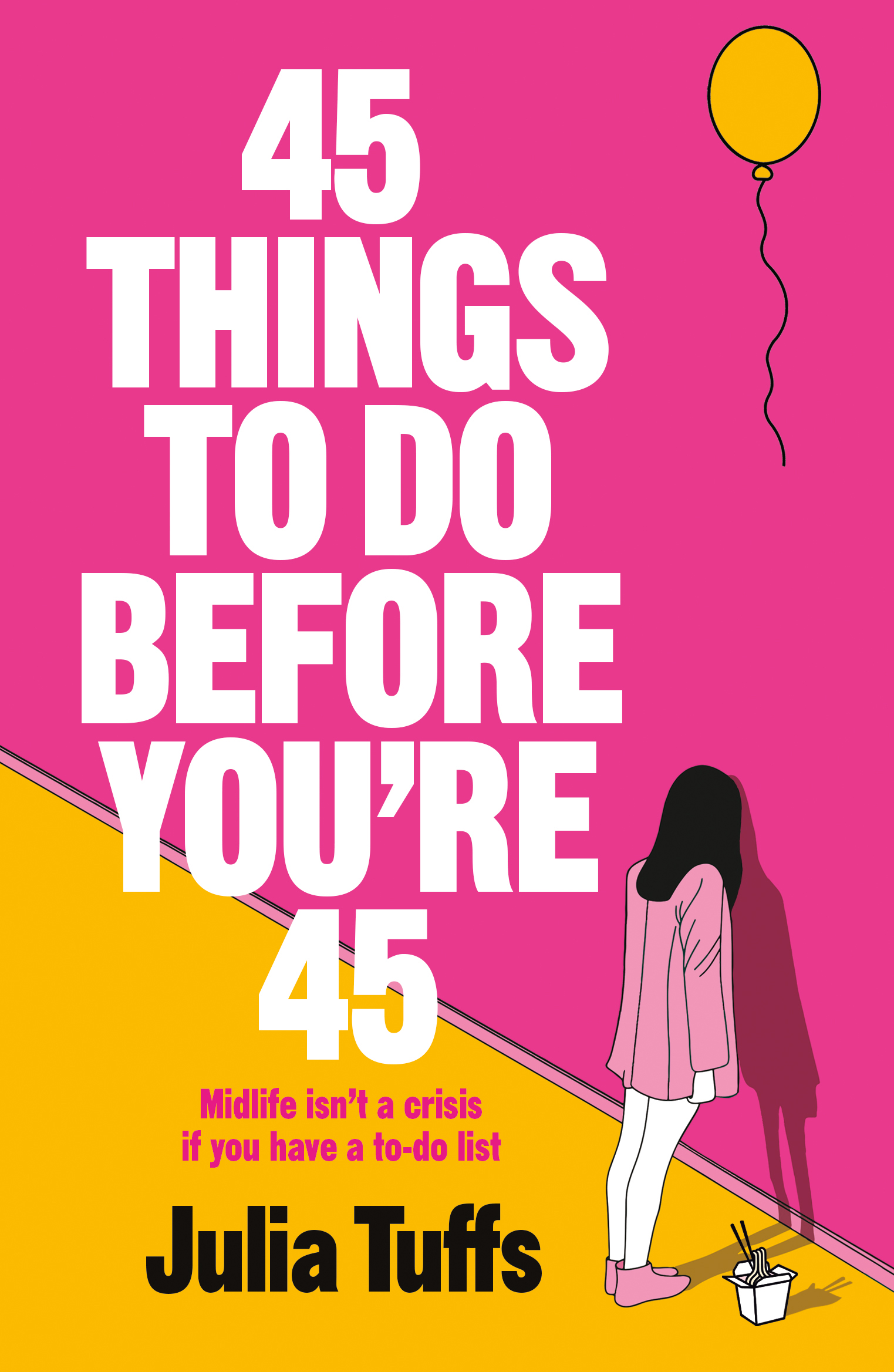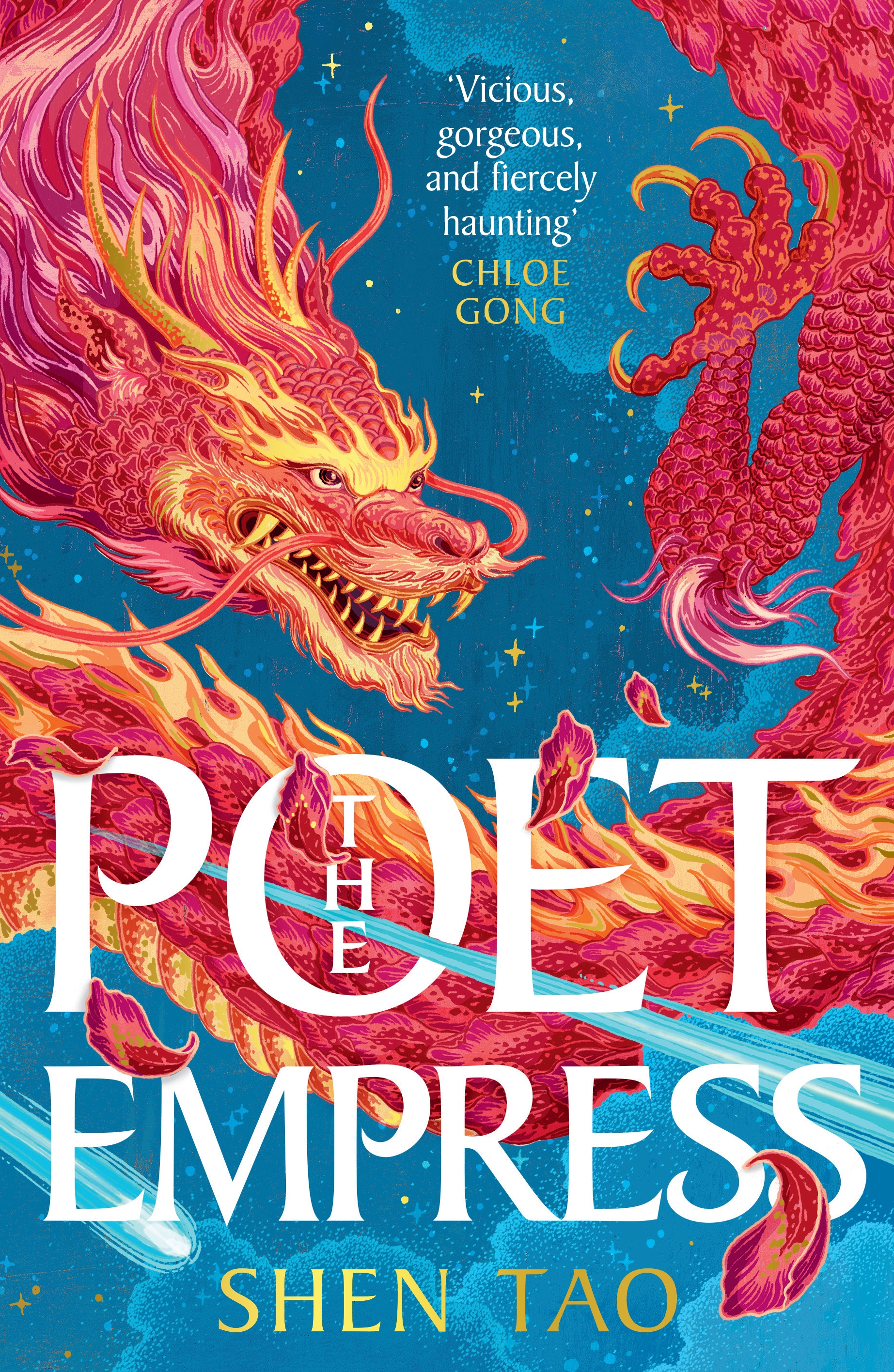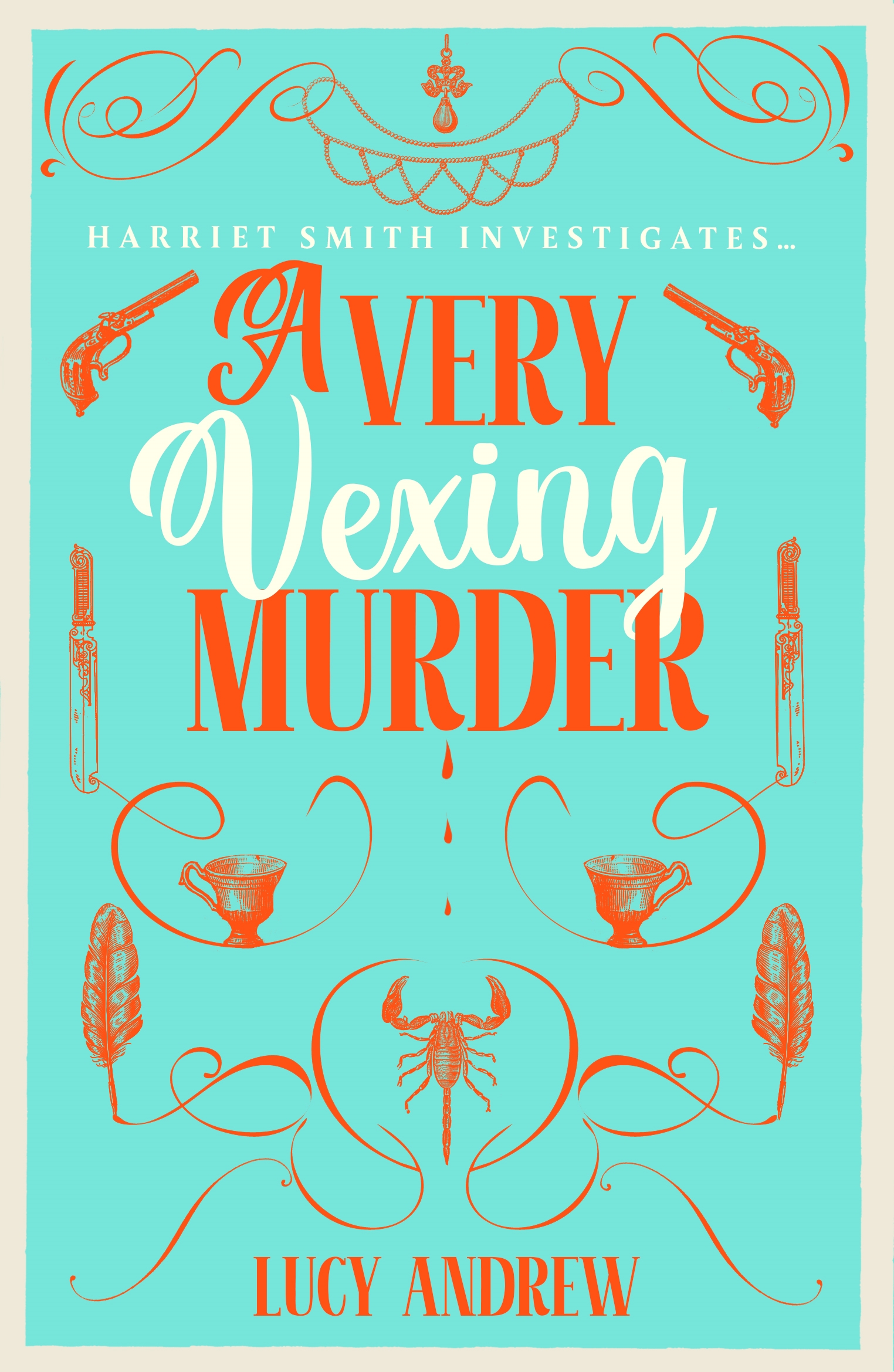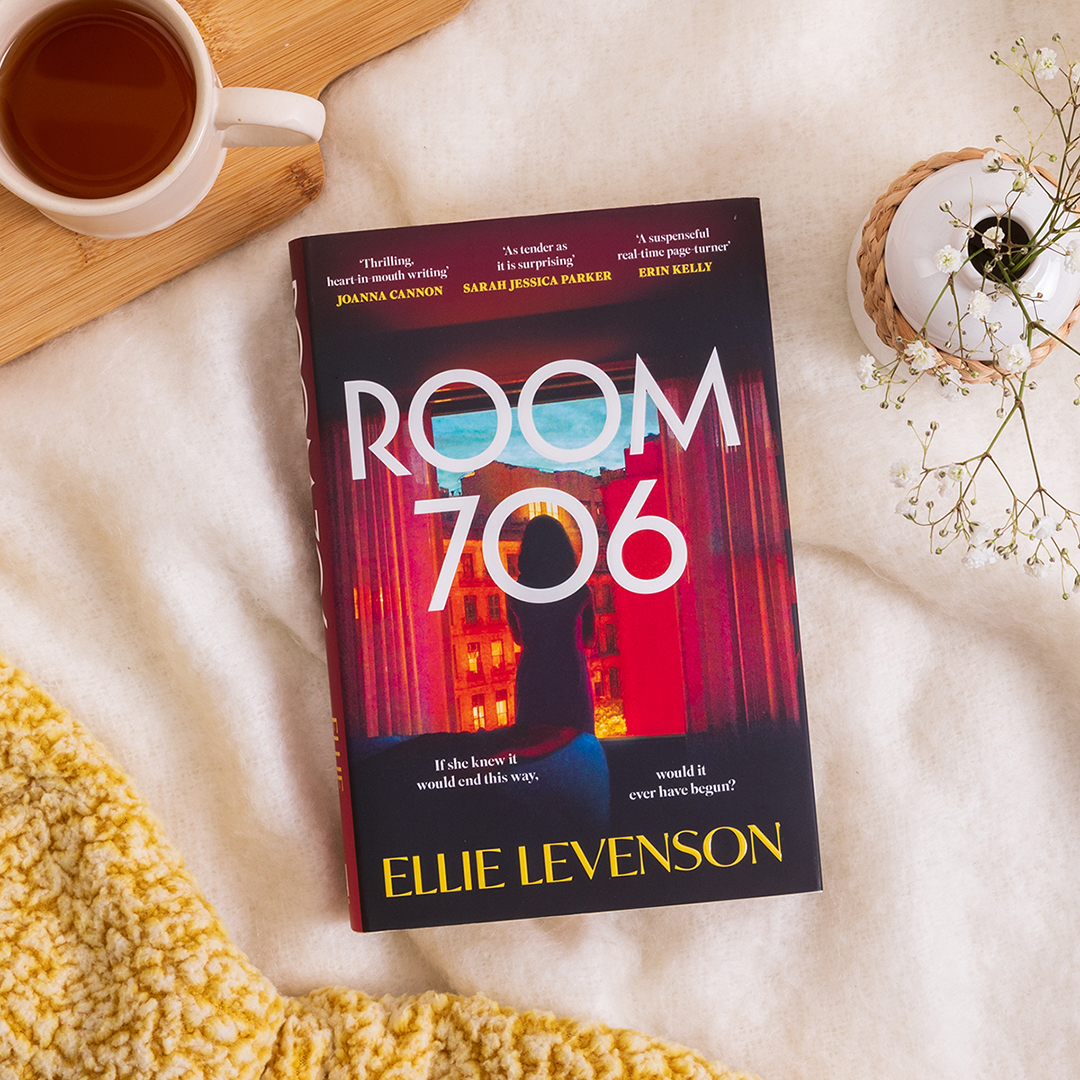The New Wilderness
By Diane Cook
avg rating
6 reviews
Buy this book from hive.co.uk to support The Reading Agency and local bookshops at no additional cost to you.
Bea’s five-year-old daughter, Agnes, is slowly wasting away.
The smog and pollution of the overdeveloped, overpopulated metropolis they call home is ravaging her lungs.
Bea knows she cannot stay in the City, but there is only one alternative: The Wilderness State.
Mankind has never been allowed to venture into this vast expanse of untamed land.
Until now. Bea and Agnes join eighteen other volunteers who agree to take part in a radical experiment.
They must slowly learn how to live in the unpredictable, often dangerous Wilderness, leaving no trace on their surroundings in their quest to survive.
But as Agnes embraces this new existence, Bea realises that saving her daughter’s life might mean losing her in ways she hadn’t foreseen. At once a blazing lament of our contempt for nature and a deeply humane portrayal of motherhood, The New Wilderness is an extraordinary, urgent novel from a celebrated new literary voice.
TweetResources for this book
Reviews
This was an usual book read by our bookgroup back 2 the book 2 and seemed to be quite divisive. Its different from the usual 'dystopian' setting and that side of things wasn't really a primary focus. It wasn't romanticized in any way which matched the characters actions. Practical matters replaced emotional ones. The first example is when a member of the group dies and more time is spent on the practicality of losing a good rope rather than the death of someone the characters have been with for a long period of time.
One criticism I do have for the book is that after the initial upsetting chapter it is quite slow for several chapters before picking up again although I feel this may have been a deliberate action to reflect the monotony of the characters lives that was pure survival. I especially liked seeing through Agnes's eyes during her bit of narration. Over the length of the story you could see the way the characters behavior changed and seemed to become more primitive. Bea chose to take the leader role towards the end purely for survival where as at the start she refused to do this. There was a slight resemblance to Lord of the Flies at times.
Overall I found it to be an interesting and enjoyable read that brought together many themes. There are no hereos in this book just people trying to survive
The New Wilderness by Diane Cook is an often brutal survival story that looks at man’s relationship with nature and comments on how man’s humanity is a façade that is quickly broken down when faced with survival of the fittest. The bleak story focusses on a group of individuals attempting to survive in the wild in an effort to escape the over polluted confines of the city. The matter-of-fact writing style helps to emphasise the harshness of the environment the main characters find themselves in and helps to highlight the brutality of their surroundings.
The narration revolves around Bea and her daughter Agnes. Bea volunteered to live in the wilderness state in an attempt to save a young and ill Agnes’ life by getting her away from the pollution of the city and into the fresh air of the wilderness. While this works wonders for Agnes’ health, it is at the expense of their relationship. Bea resents Agnes for being the reason she had to leave her life and home comforts behind, whilst Agnes, raised in the wild, can’t understand her mother’s disdain for the life she loves. The novel is populated with characters who are supremely unlikeable which makes it difficult for the reader to connect with their plight. While the selfish nature of every character we meet helps to underpin the main themes of the book: survival of the fittest, the animalistic nature of man, etc, it does make it difficult for the reader to empathise or care about what happens to the characters, which can make for a bit of a disheartening read at times.
Whilst Cook skilfully details the setting of the book and is clearly focussed on using the environment to help emphasise the key themes of the novel, which she does very well, the pace can tarry at times and for large parts of the novel it feels as if you are just plodding along. This does reflect the characters’ experience in the wilderness very well, but maybe isn’t the best experience to have as a reader. I did find the middle section of the book, narrated by Agnes, to be much more dynamic in terms of pacing and plot, but the beginning and end sections of the book, narrated by Bea, did drag at times.
In conclusion, this book very artfully delineates its themes throughout the story, and makes a very definite point which the reader is left to ponder at the end of he novel, but maybe just misses the mark in terms of plotting and pacing.
I was given the chance to read this book as part of shadowing a Booker Prize shortlisted book along with my fellow Back To The Book 2 book group members.
I found this book a slow start to get into and only began to engage with the main characters about a third of the way in as Agnes’ role and life changed when her mother left to return to the city. I liked the narration by Agnes and a chance to see the situation through her eyes.
Overall, I wasn’t gripped by the story but the themes of survival of the fitness and doing whatever it takes to survive even to the detriment of yourself were very clear themes.
This is a hard book to review because it is a book left me feeling unsettled and unsure, and I admire the book for doing that. It is a book that lingers in your mind long after reading it and one that I am still puzzling over.
The story is interesting; a group of people aim to survive in the wilderness, leaving behind the grime and the hardship of a industrial city. Bea goes in order to save her daughter who is slowly dying in this poisionous city. Yet despite the apparent freedom of living in the wilderness they are constrained by severe rules and Rangers who enforce them. However even this is changing and fragmenting and the group struggle with changing power dynamics.
The book is brutal and unrelenting and, like the characters in the book, you accept this and grow accustomed to the death and violence that surrounds them. In fact one of the most shocking deaths is an animal, and that shocks you when you realise that humans have died and been disregarded.
This book is theme driven and I think that is why I would recommend it to people - it is a book to challenge and confound expectations - to make you think about our own realtionship with the wilderness and where we are heading.
My review's in return for a copy of the book to read as part of The Booker shadowing scheme.
This is the first novel of this environmental futuristic genre I've read and it certainly captured my interest in that idea. The futuristic dystopias I've read before have been about a virus out of control and society/government collapsing. This is a new take on the idea of getting back to nature, when cities become too polluted through climate change that's ramping up beyond reverse. Originally in this debut, it is people with money who get to sign up for the opportunity to make a life in the 'new wilderness', coping with the harsh and brutal natural living in basic, ancient ways. There's lots of description of that and it made me think just how unlikely it would be that many of us today would be able to cope with that nomadic way of life without any of our mod cons.
It's also a story about mothers and daughters, about people, about love and what you will do to survive. It held my attention and the different narratives allow you to get to know Bea and her daughter Agnes, and see their individual viewpoints.
My review's in return for a copy of the book to read as part of The Booker shadowing scheme.
An unusual book...definitely not the type that I would normally choose to read but, right from the start, I found the story to be most compelling. I did look forward to picking up the book and reading it, each day, despite the 'difficult' subject matter, although 'enjoyment' is not really the word I would use to describe the feelings I got from the book. I felt incredibly sad at the end.
I thought that the characters were well created and I felt like I knew them. I particularly loved Agnes' character. As she grew into her teenage years she experienced a whole host of complex feelings which emerge in someone who is no longer a child but not quite an adult - despite Agnes being determined to show that she was! I felt that the author conveyed this complexity well and I enjoyed sharing Agnes' thoughts and feelings.
However, I found myself questioning the behaviours of some characters, which seemed somewhat too far-fetched and exaggerated to be entirely believable. For example Bea's behaviour after her return from her escape to the city, especially with regard to Glen and Agnes. Perhaps it was part of the 'alpha female' role which she assumed on her return, but I questioned it.
The book was full of beautiful descriptions of landscape and nature and I felt totally immersed in the wilderness. Though I began to think that perhaps page after page of these descriptions became a little too much, as the book progressed, being quite a long book.
Parts of the story were incredibly poignant and made me cry.... for example the death of Glen and the capture of Agnes. And personally, I found the descriptions of hunting the animals difficult to read - I'd never survive in the wilderness!
Overall, a very thought-provoking book. As I get older, I do feel more 'at one' with nature and am increasingly saddened by what is happening to our world, so this story conveyed a very poignant and important message.
